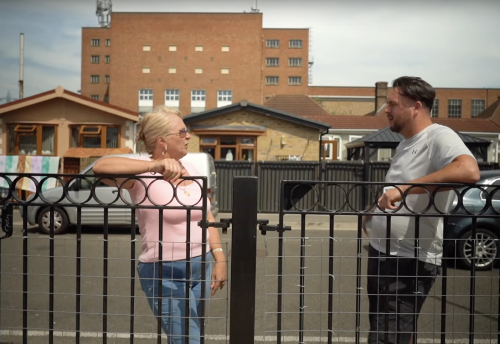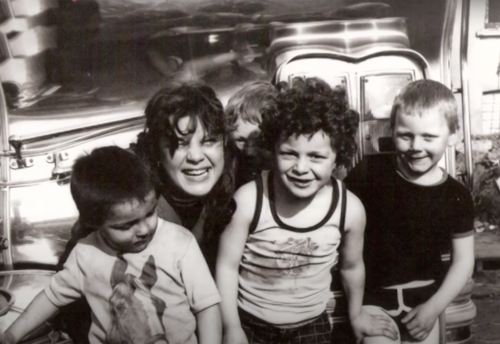April the 8th marks International Romani Day, a day that often ends up being overlooked on the calendar of many Londoners, which is a day to celebrate and uplift all Romani people across the world. It is celebrated on this date in honour of an event that took place in Orpington, within the London brough of Bromley, in 1971. This event was the inaugural World Romani Congress. This event brought together representatives from some of the Romani tribes across the world in order to discuss the issues facing Romani people. This inaugural event helped to decide on the Romani flag, the Romani Anthem ‘Gelem Gelem’ and many more things that still remain the same today.
As an organisation based in London it is hugely important that we celebrate and highlight events such as this so as to increase the awareness of non-Romani people of both the historical events and the contribution to society that Romani Londoners have made, especially as we seek to foster the next generation of contributors in areas including Bromley to this day.
Romani Londoners, particularly Romanichal, have contributed hugely to the landscape of modern London, whether that be through language, arts, or other contributions. When you look at language of working class Londoners, it has included Romani words for as many as 200 years. Wonga, Chav, Kosh, Mush and Nark are used so frequently by Londoners without any awareness that they were cross pollinated during those summer fruit picking holidays shared by Romanies and working class Londoners alike in the Gardens of England.
Then if you take a look at the artistic contributions of Romani Londoners, it is fair to say that the artistic landscape of the capital has been forever changed by Romani contribution. Charlie Chaplin, born to two mixed Romani parents, is arguably the most important person in the entire history of Cinema, not just London’s, with the Film 100 placing him as the 3rd most influential person in Cinema’s history. It is rarely ever discussed how Chaplin’s culture shaped who he became as a man, his Romani identity barely ever discussed when referencing his success.
The same can be said for the artistic contributions of Bob Hoskins, Adam Ant and Tracey Emin, all Romanies born and raised here in London, whose ethnicity is barely referenced. Now, high profile contributors are really important to acknowledge and we as an organisation hope that many more high profile contributors develop in the coming generations.
But something that isn’t often celebrated is the contribution of the ‘ordinary’ Romanies, who work, live, sleep and eat beside us all in London. Whether their family story can be traced back to the time of the Tudors or if they are the first generation to call London home, all Romani people should be celebrated on April the 8th, because you and your contribution matters.


